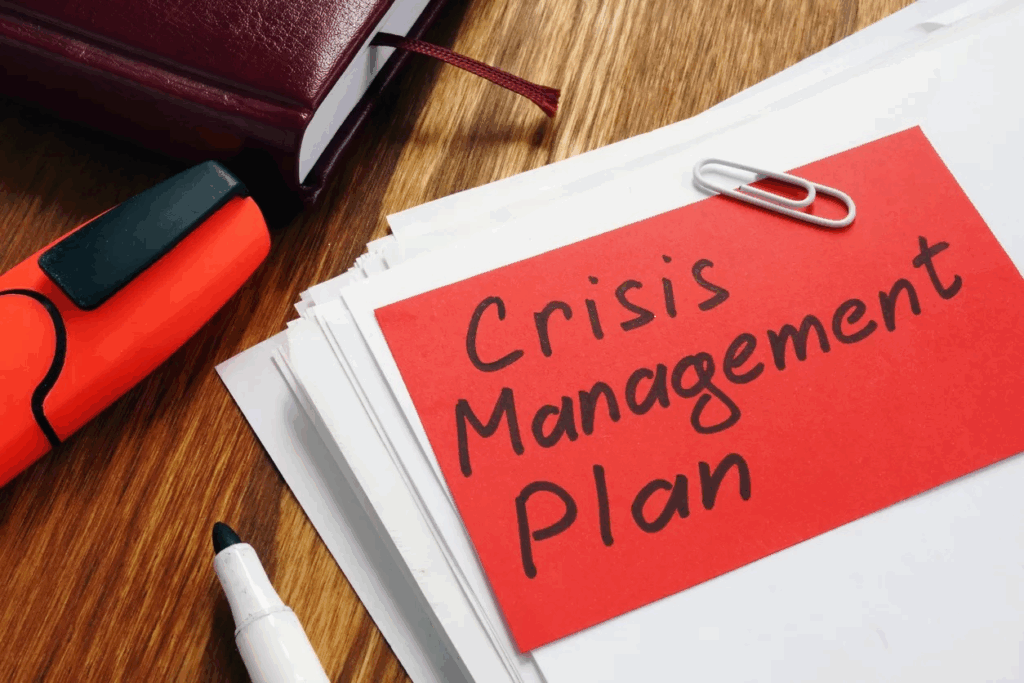In times of geopolitical tension, especially between nations like India and Pakistan, the possibility of conflict—however unlikely—can spark fear and confusion. While we all hope for peace, it’s wise to prepare for emergencies with a calm, practical mindset. Whether you are a parent, a professional, or both, readiness can offer a sense of control and security during uncertain times.
This blog outlines essential steps to help both families and workplaces navigate a potential crisis with resilience and clarity.
 1. Prioritize Safety Above All
1. Prioritize Safety Above All
- Know evacuation plans: Understand local, regional, or national evacuation routes and shelters.
- Identify safe zones: Know the nearest bunkers, shelters, or areas deemed safe by the government.
- Stock emergency supplies: Include food, water (for 7–10 days), first aid kits, flashlights, power banks, essential medicines, and hygiene items.
 2. Stay Informed & Connected
2. Stay Informed & Connected
- Follow official news: Rely only on trusted sources (government alerts, major news channels).
- Install emergency apps: Use disaster alert apps like NDMA (India) or Red Cross.
- Create a communication plan: Designate a contact point (local and out-of-area) and share a checklist of who to call, when, and what to say.
 3. Emotional Preparedness
3. Emotional Preparedness
- Talk to children and elders: Explain the situation honestly but calmly. Provide reassurance.
- Avoid panic: Encourage rational decision-making. Limit exposure to disturbing news.
- Have mental health resources handy: Keep emergency contacts, counseling hotlines, or calming apps available.
 Preparing Your Family
Preparing Your Family
- Build a Home Emergency Kit:
Ensure you have:
- A 7-10 day supply of drinking water and non-perishable food
- First aid kit and necessary medications
- Flashlights, batteries, and power banks
- Battery-powered radio
- Cash (small denominations)
- Personal hygiene items and extra clothing
- Secure Important Documents:
Keep waterproof copies of IDs, insurance, bank records, and emergency contacts.
- Create a Communication Plan:
- Designate an emergency contact outside your city
- Agree on a family meeting point
- Use apps like WhatsApp or Signal for instant updates
- Plan for Vulnerable Members:
Ensure children and elders have what they need—medications, diapers, comfort items, and care instructions.
 Keeping Your Workplace Ready
Keeping Your Workplace Ready
- Set Up Remote Work Infrastructure:
- Make sure cloud backups are active
- Employees have access to VPNs and critical platforms
- Assign backups for essential roles
- Emergency Safety Protocols:
- Update evacuation maps and mark emergency exits
- Stock first aid kits and emergency contact info
- Maintain Communication:
- Use group messaging for updates
- Schedule daily check-ins during high-alert periods
- Support Mental Health:
- Share helpline numbers and encourage open communication
- Offer optional online counseling or support services
 Quick Readiness Tips
Quick Readiness Tips
- Keep devices charged when tensions rise
- Avoid traveling unless absolutely necessary
- Stay updated through credible news and government alerts
- Avoid spreading misinformation
Final Thoughts
Being prepared is not about living in fear—it’s about empowering yourself and your community to respond calmly and efficiently when the unexpected happens. A checklist, a conversation, or a simple backup plan could make all the difference.
Let’s stay informed, stay united, and stay ready. Because in times of uncertainty, preparedness is peace of mind.
Source: Read MoreÂ
